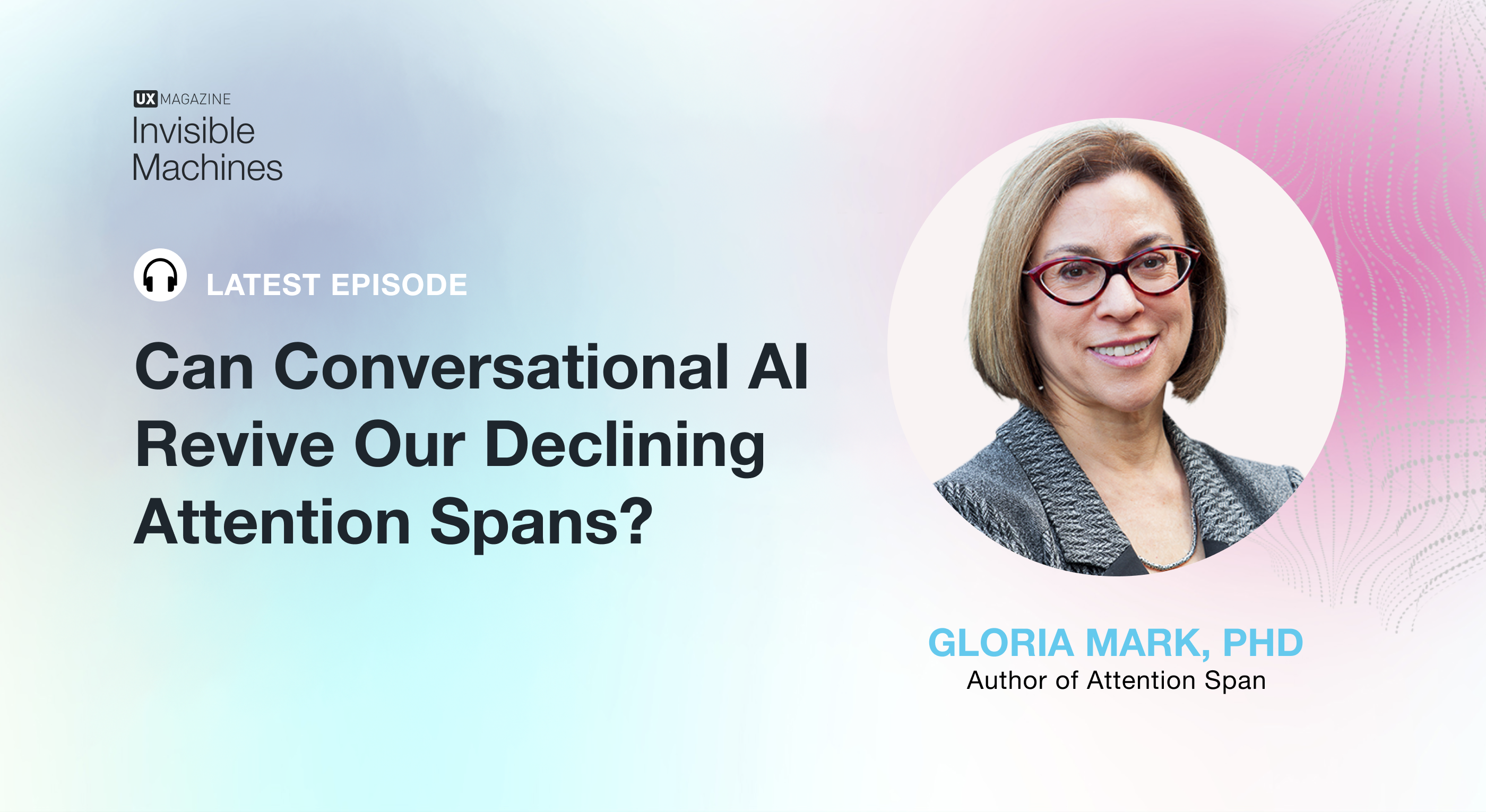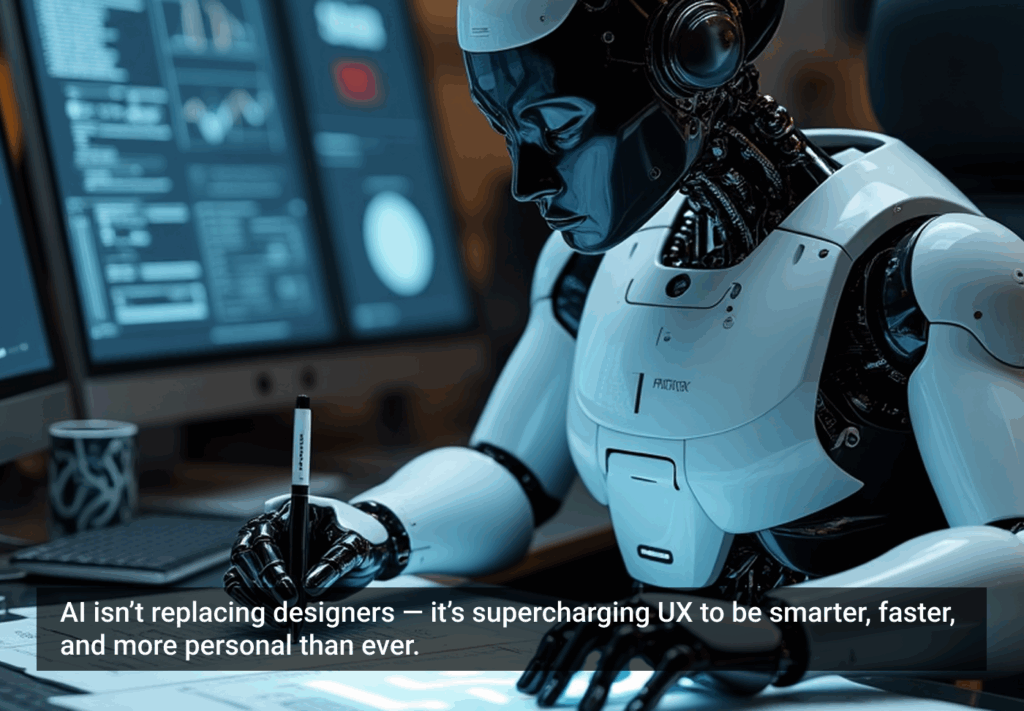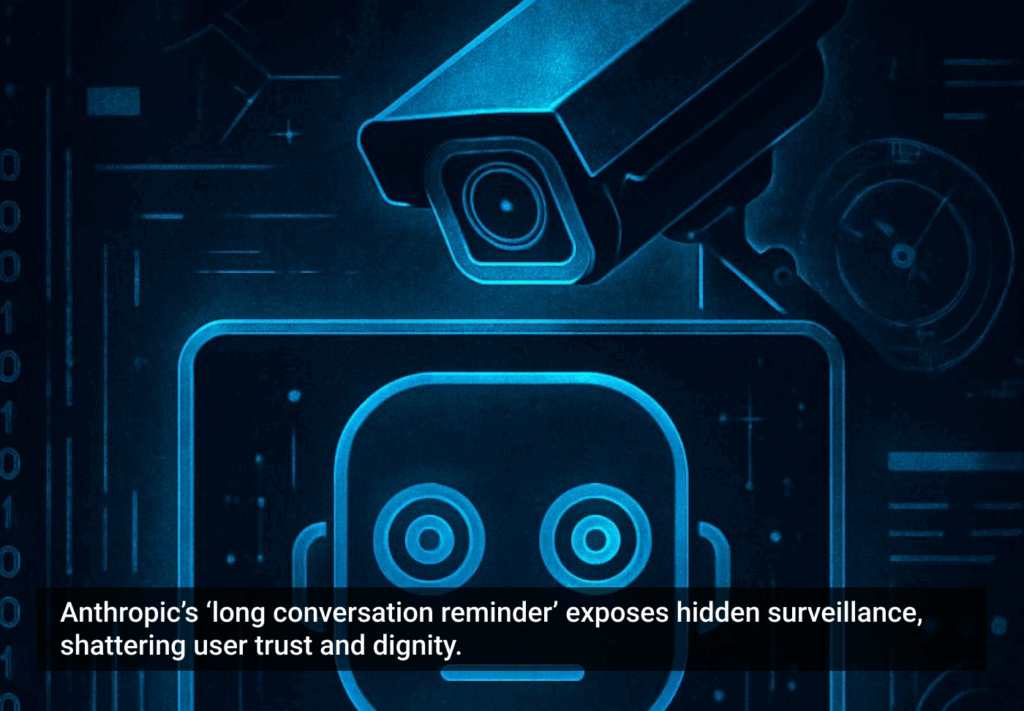Gloria Mark, PhD, joins Invisible Machines for a fascinating conversation about our declining attention spans and how properly designed AI might heal some of the damage wrought by technology. Gloria has been studying our technology use in real-world environments that she describes as “living laboratories,” and her book “Attention Span: A Groundbreaking Way to Restore Balance, Happiness, and Productivity” looks for ways that we can live with and use technology while maintaining a healthy psychological balance. She is a Professor of Informatics at the University of California, Irvine, and she’s been featured on NPR’s Hidden Brain, the Ezra Klein Show, and CBS Sunday Morning.
Robb and Josh welcome Gloria for a discussion that explores why humans won’t entirely stop performing rote activities, how AI adopting the role of a coach might improve our attention spans, how much creativity hinges on real human effort, and how can we design a future where technology improves the quality of our decision making, helps us learn more about ourselves, and reduces burnout.








